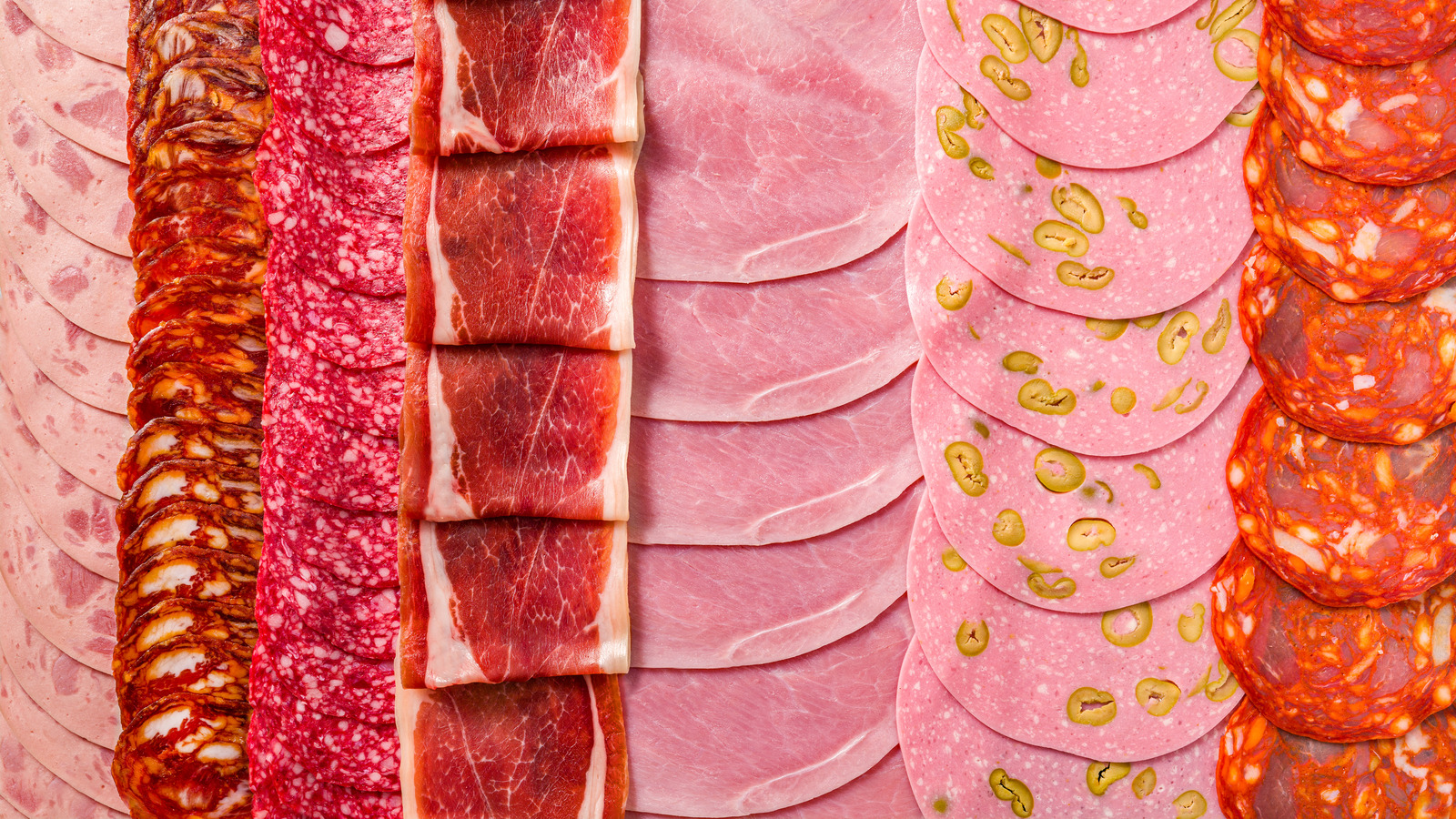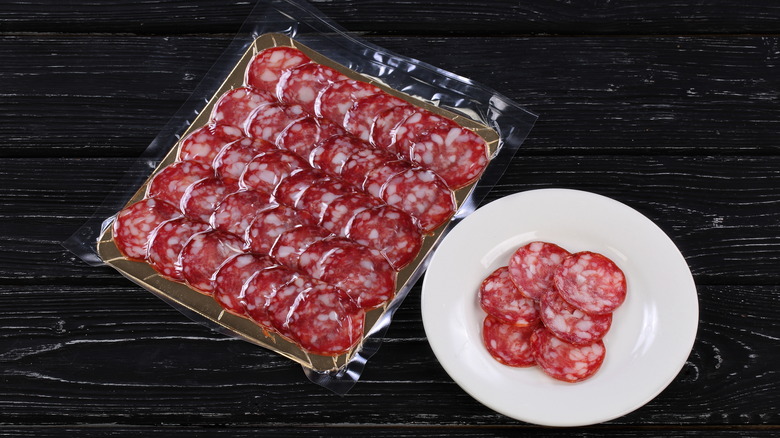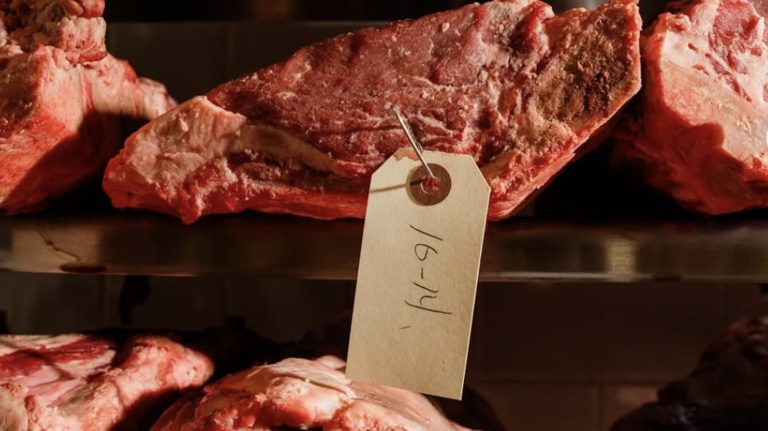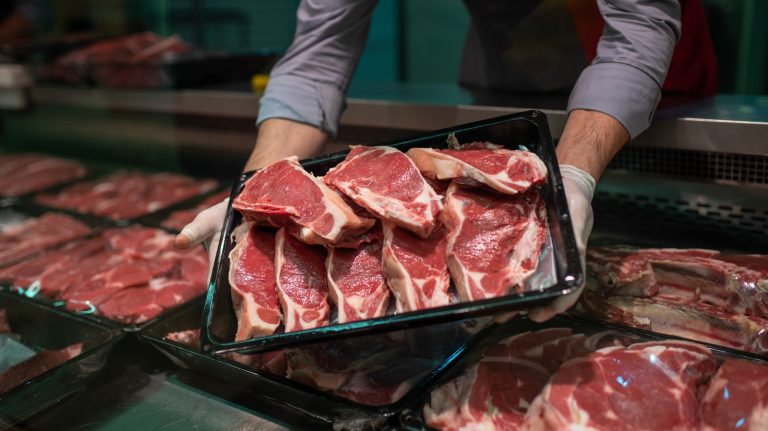You’ve probably seen headlines like, “Deli meat could be linked to a deadly listeria outbreak” and “10 million pounds of meat and poultry recalled for listeria risk.” With the CDC reporting that around 20% of listeria infections end up being fatal and that the virus is the third most prevalent cause of death from foodborne illness, the concerns about listeria outbreaks (and consequential food recalls) are certainly justified. Deli meat, in particular, is making headlines for being highly susceptible to listeria contamination. The reason for that lies in the way cold cuts are processed, stored, and eaten.
In the processing facilities and directly at the deli counter, most of the equipment is shared, meaning it repeatedly comes in touch with different types of meat. That’s why bacteria can spread incredibly quickly with these types of meats and why even small amounts of listeria can result in massive outbreaks — leading to recalls of millions of pounds of meat products across the country.
Another issue is that deli meats are kept and eaten cold. Although refrigeration normally slows down bacterial growth, it doesn’t have this kind of effect on listeria. These bacteria can actually continue to grow and spread even in cold temperatures. The risk of listeria, therefore, isn’t just limited to meat but to all food items prepared directly at the deli counter, including cheeses and salads.
How to minimize your risk of listeria infection when eating deli meats
Listeria is largely immune to refrigeration, but it is sensitive to heat. Heating up the products you get at the deli can kill the potential bacteria they contain, making the food safer to consume. While this step isn’t mandatory, it’s certainly recommended for groups of people who are at a higher risk for listeria infections — pregnant people, newborns, the immunocompromised, and the elderly. An easy way of implementing this extra step to upgrade your store-bought deli meats is to pop them in the microwave or grill them on the pan for a few minutes until they reach a temperature of 165 degrees Fahrenheit or higher.
Another way to err on the side of caution is to avoid the deli counter altogether and buy pre-packaged cold cuts. According to a study published in the Journal of Food Protection in 2010, meats prepared directly at the delicatessen have a significantly higher chance of being contaminated than pre-packaged meats. So, if you’re looking to make the switch, we put together a selection of the 12 best deli meat brands to get you started.






